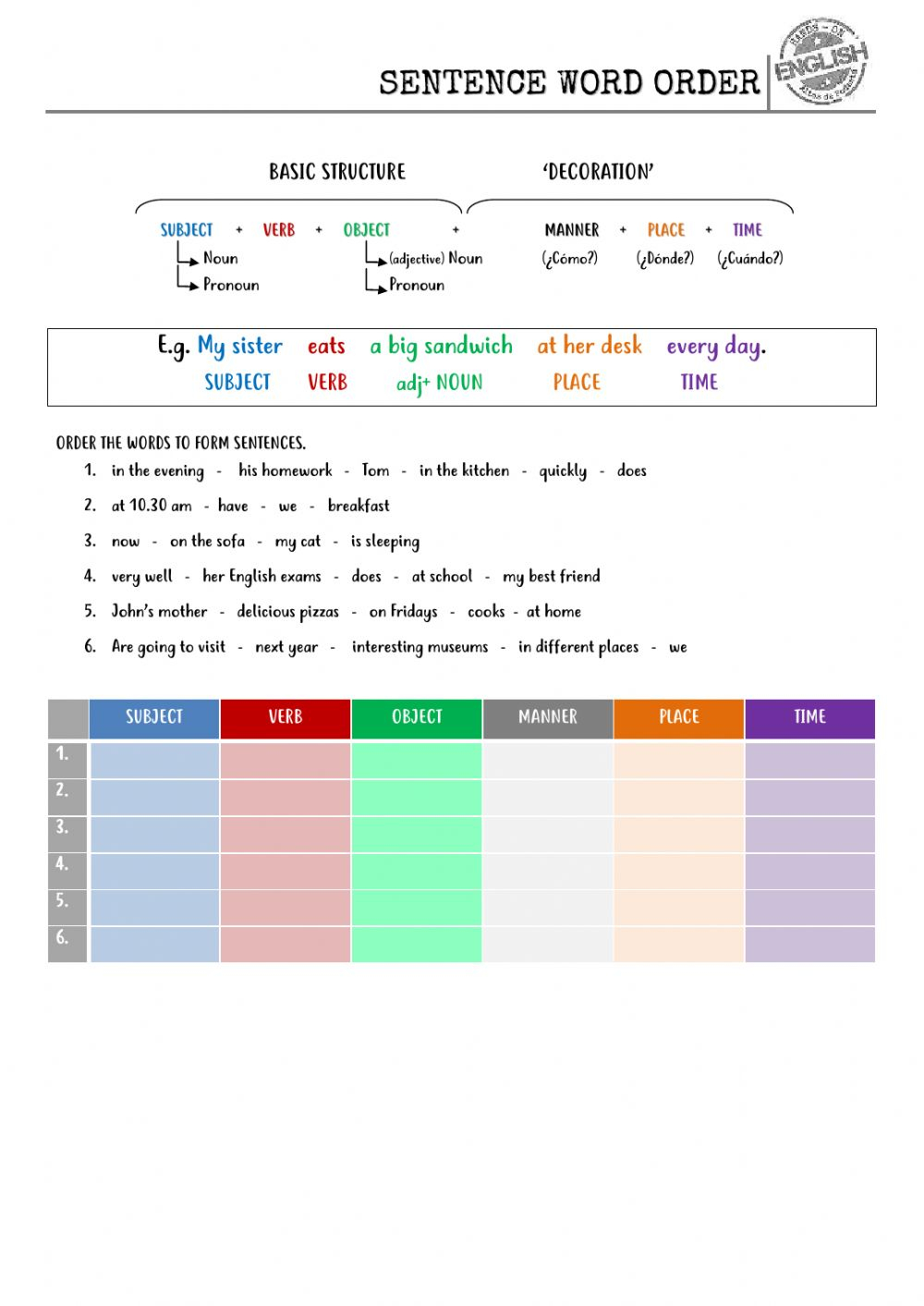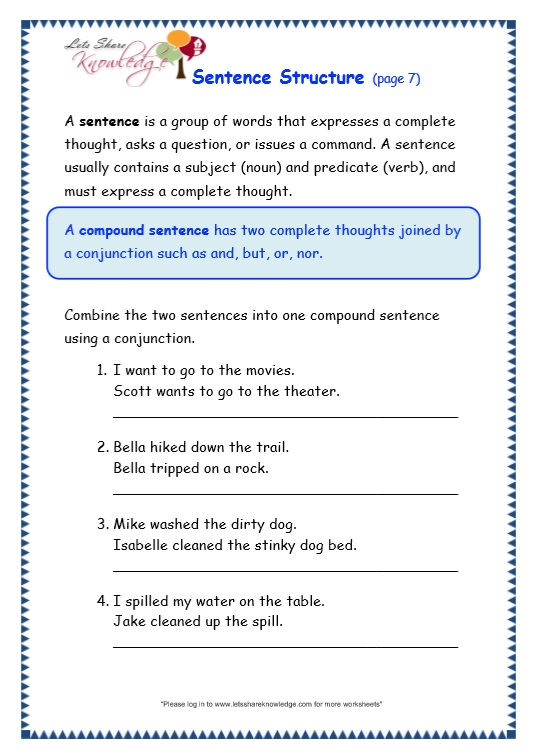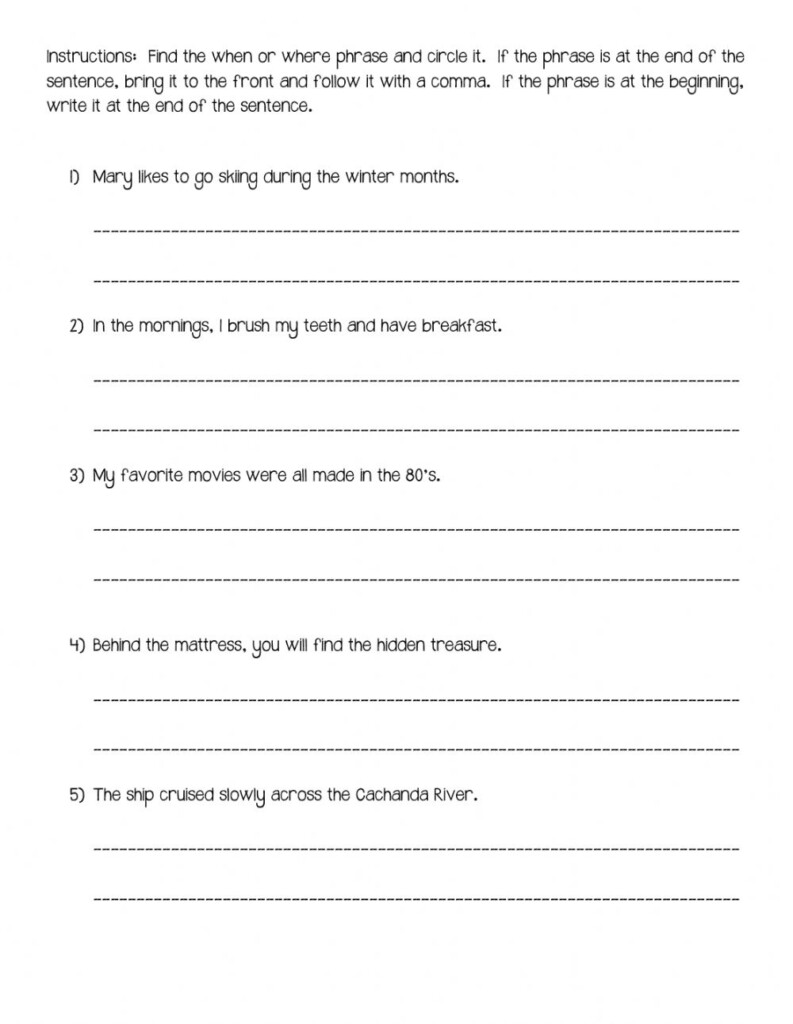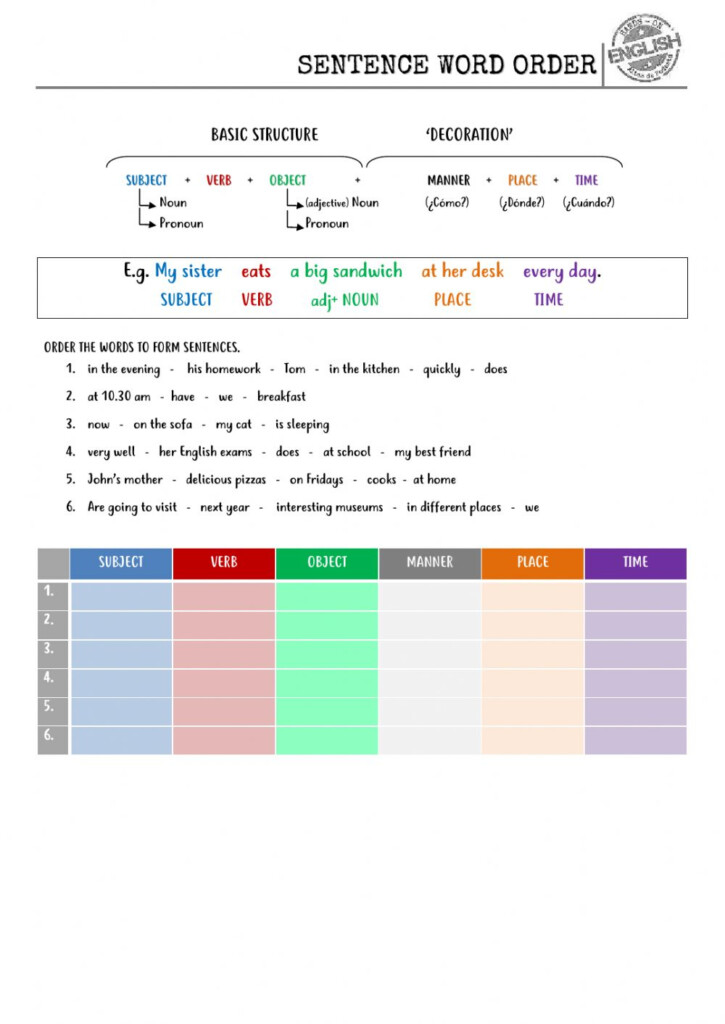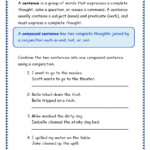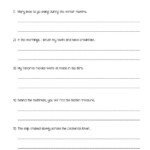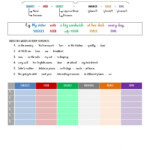English Sentence Structure Worksheets Pdf – PDF Sentence Worksheets help students learn and practice the rules of English grammar. They are useful for both students and teachers. These worksheets come in different versions and can be used for children from grades one to two. These worksheets help children to improve their writing skills and understand the difference between compound and simple sentences.
Simple sentences
If you’re looking for a simple sentence worksheet to help your child with their reading comprehension skills, you’ve come to the right place. We’ve collected 20 examples of sentences that include simple predicates and subjects for you to download and print. An interactive worksheet is included with each sentence. This allows your child read and analyze the examples, then create their own sentences.
This worksheet focuses on the identification of subjects and verbs in sentences. Using colorful noun and verb cards, students can combine cards to create a sentence. In addition to practicing the correct way to use words in a sentence, students will also learn how to correctly use punctuation.
There are many ways you can use simple sentence worksheets, whether you need them for your own personal use or to share with others. Many worksheets will help students break down sentences into their components, such as nouns and verbs. Choosing a topic to write about is another way to use these worksheets. Students can start to brainstorm ideas for what they would like to write once they have mastered the structure of a sentence.
Compound sentences
Compound sentences are sentences that contain two or more independent clauses. To create a compound sentence, you must use a comma or coordinating conjunction between the two clauses. The conjunction can be a comma or a semicolon. You can also use dashes in English. These punctuation marks are not formally defined, but are commonly used to insert a break.
There are many free PDF sentence worksheets for compound sentences available on the internet. These worksheets are especially useful for teaching kids about sentences. These worksheets are a great way to review concepts or do homework at home. The worksheets contain ten different compound sentences and require the child to select the correct conjunction. After mastering these skills, children can begin to create their own sentences. These worksheets are designed for elementary and middle school students, and are designed to help them build a strong foundation for learning and comprehension.
Run-on sentences
Run-on sentences and sentence fragments are common in writing. These mistakes are common in writing. Students will be able to identify them and how to correct them. This will help students improve their comprehension of sentence structure and vocabulary. The lesson also includes a PDF sentence worksheet which can be downloaded to use in the classroom.
When two independent clauses are joined together without any connection between them, it is called a run-on sentence. You can correct a run-on sentence by adding punctuation or using a conjunction. The worksheets are designed for third and fourth grade students to help them understand what a run-on sentence is and how to correct it.
Run-on sentences are often confused with comma splices. In these cases, a comma is used instead of a period to join two clauses. This type of sentence often leads to an awkward sentence structure.
Fragments
Fragments are an incomplete sentence. They are sentences that do not contain one of the essential parts of a complete sentence. The missing component can be a predicate, verb, subject or idea. In the example below, the missing component is the subject. Regardless of its length, it’s still an incomplete sentence.
Often overlooked, sentence fragments are groupings of words that don’t make a complete sentence. A sentence is complete if it contains a subject and verb. A fragment is incomplete without these parts, and the reader may feel uncomfortable reading it. These worksheets will help students identify these fragments and rewrite them into complete sentences or thoughts.
